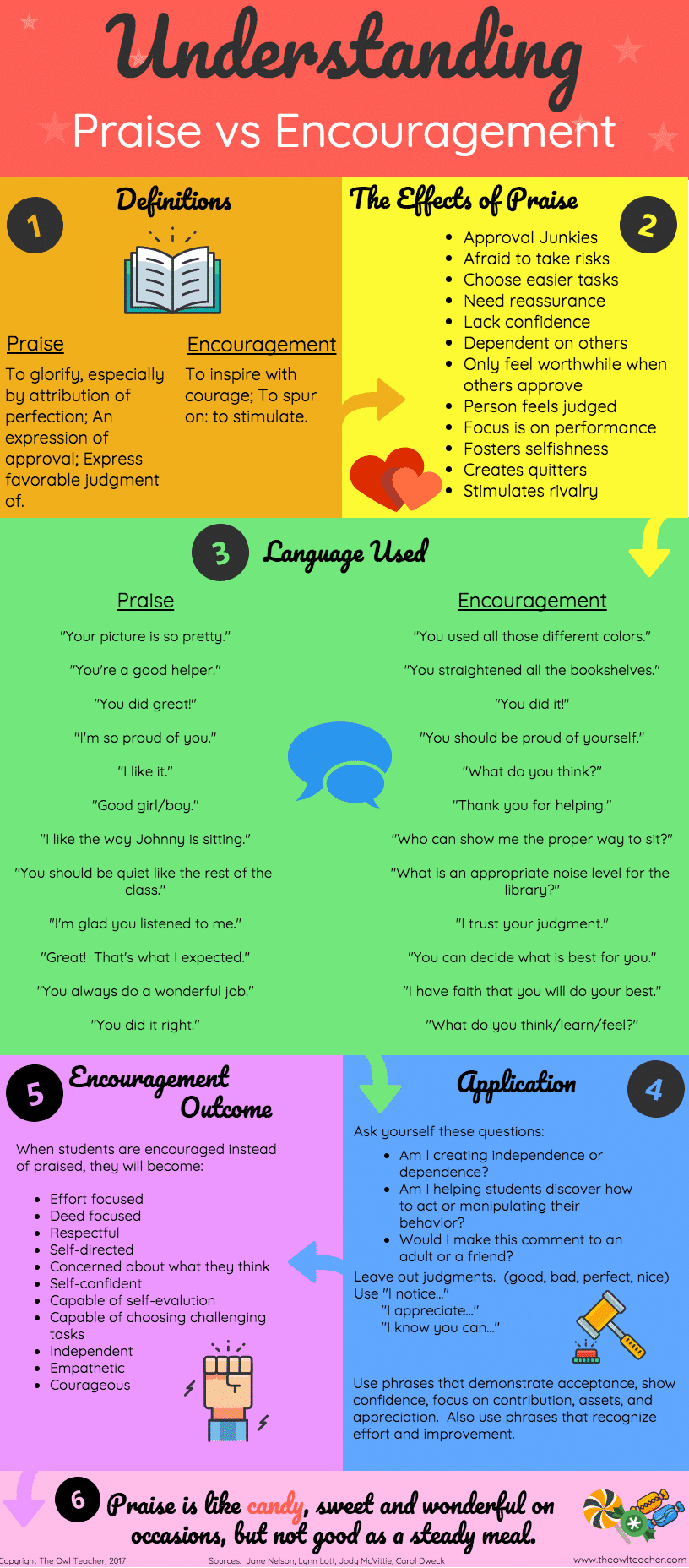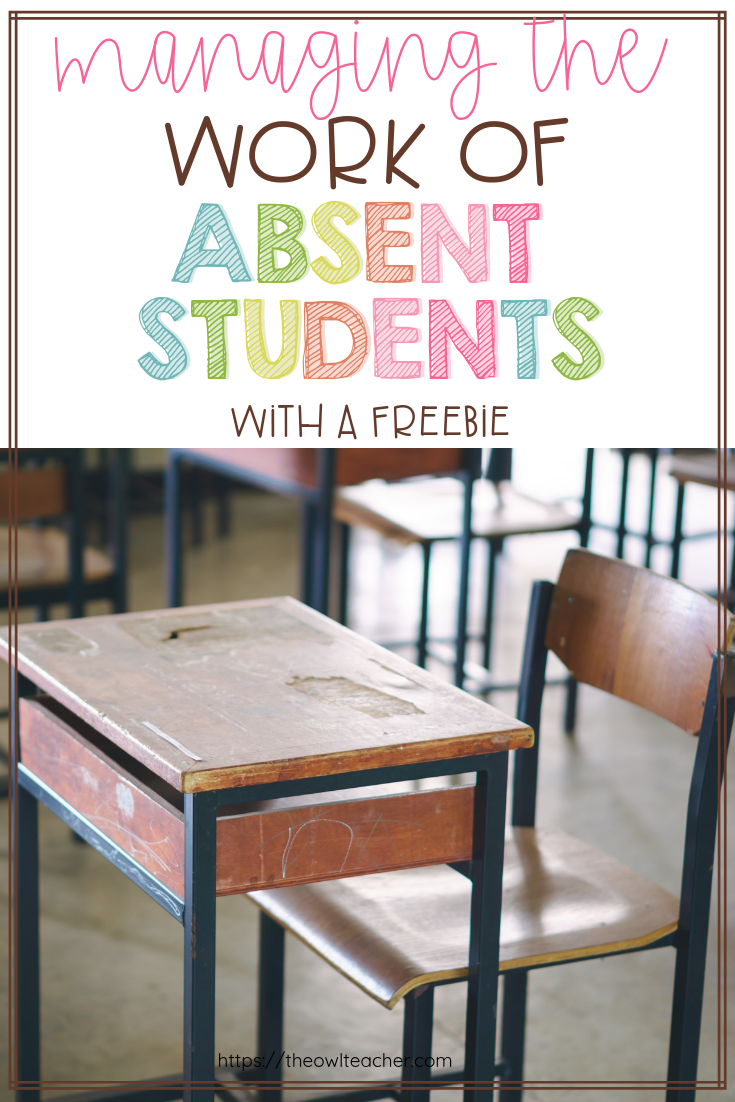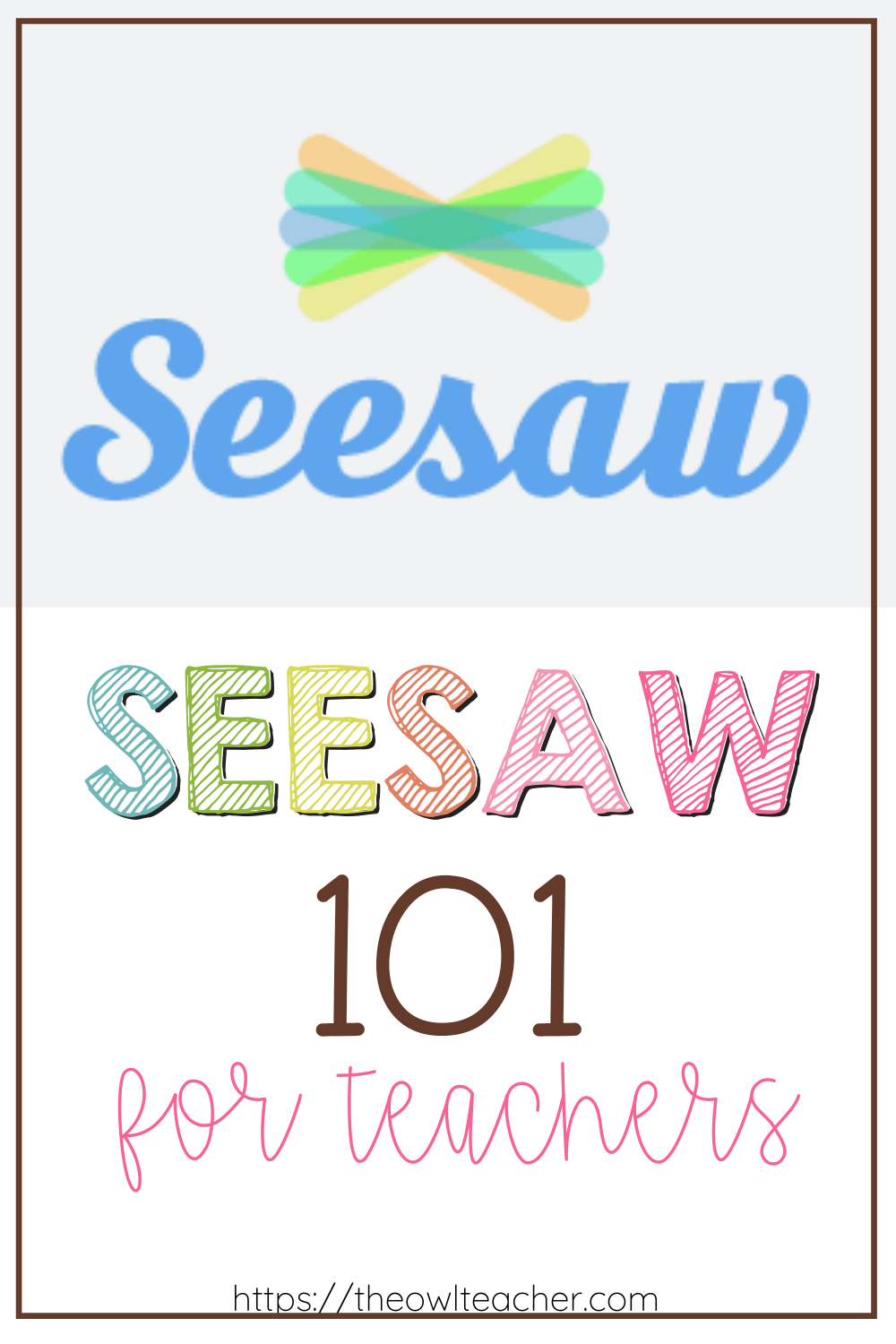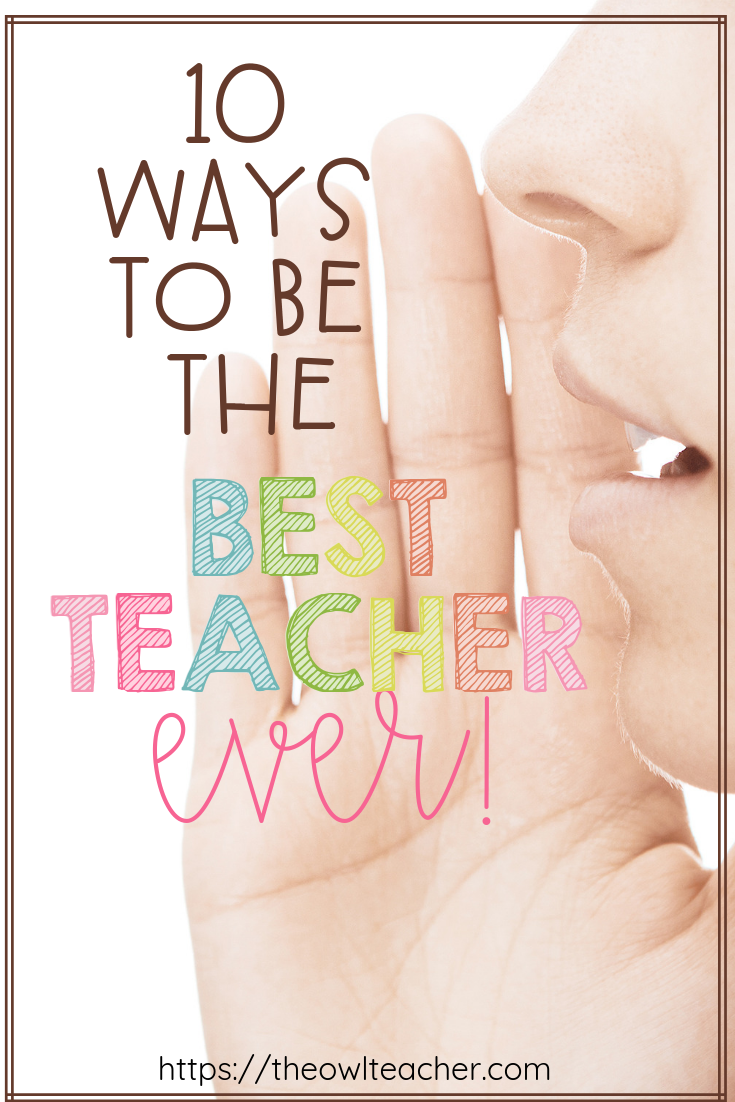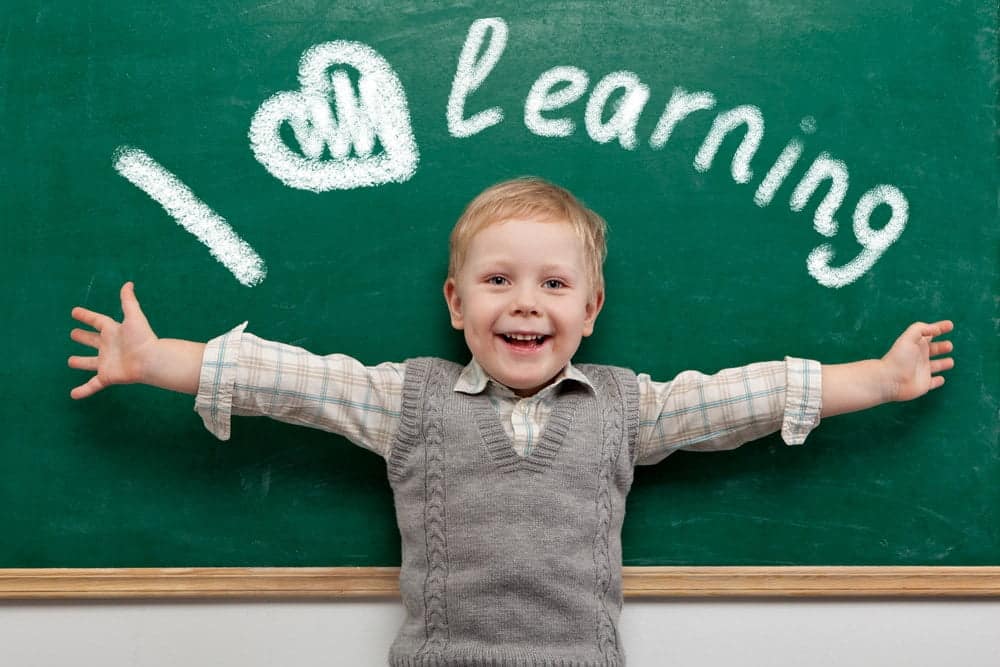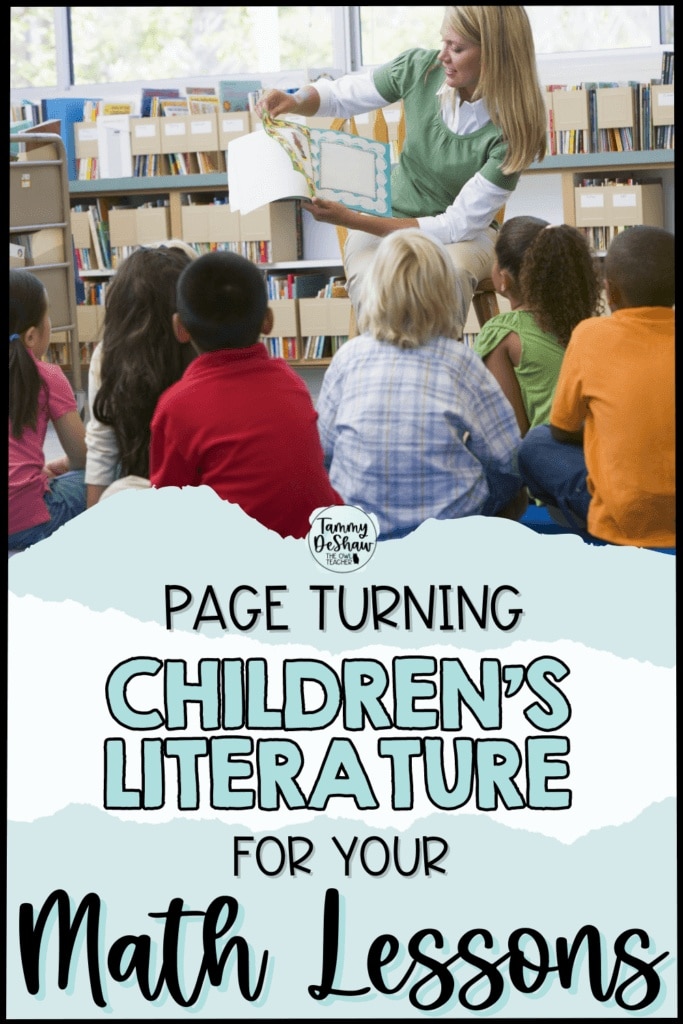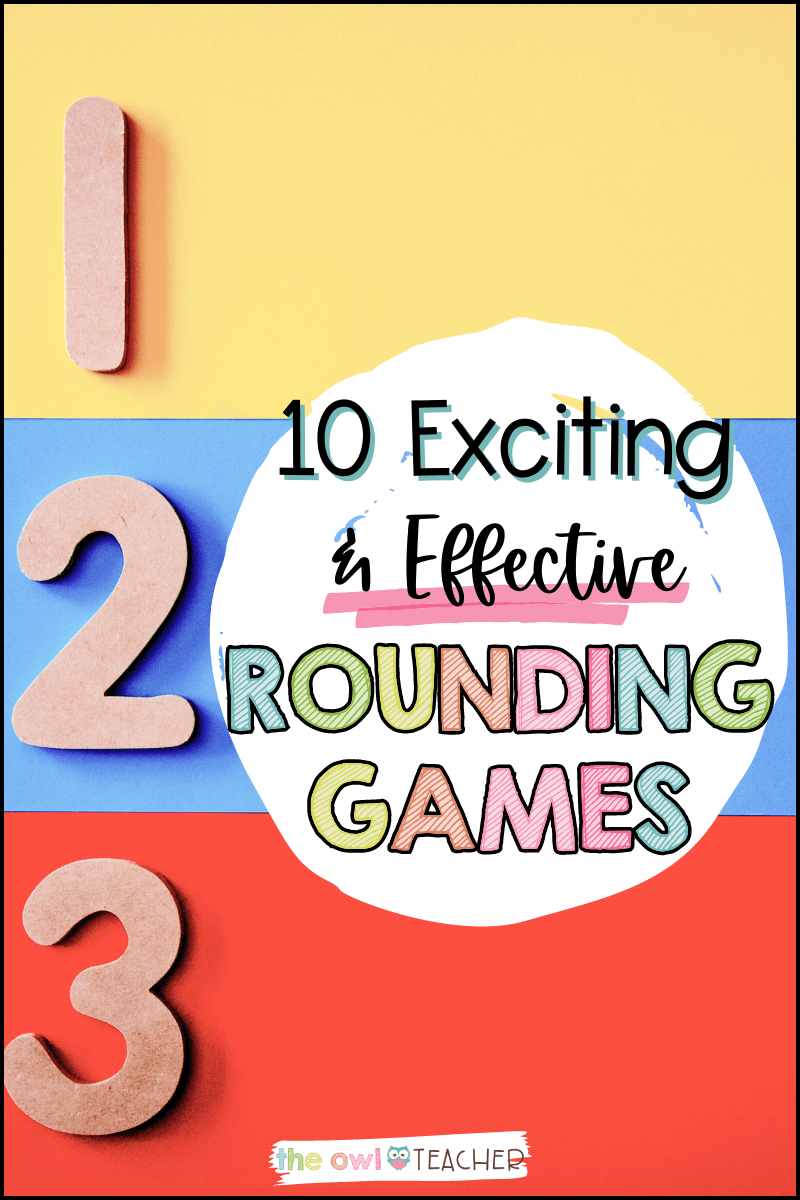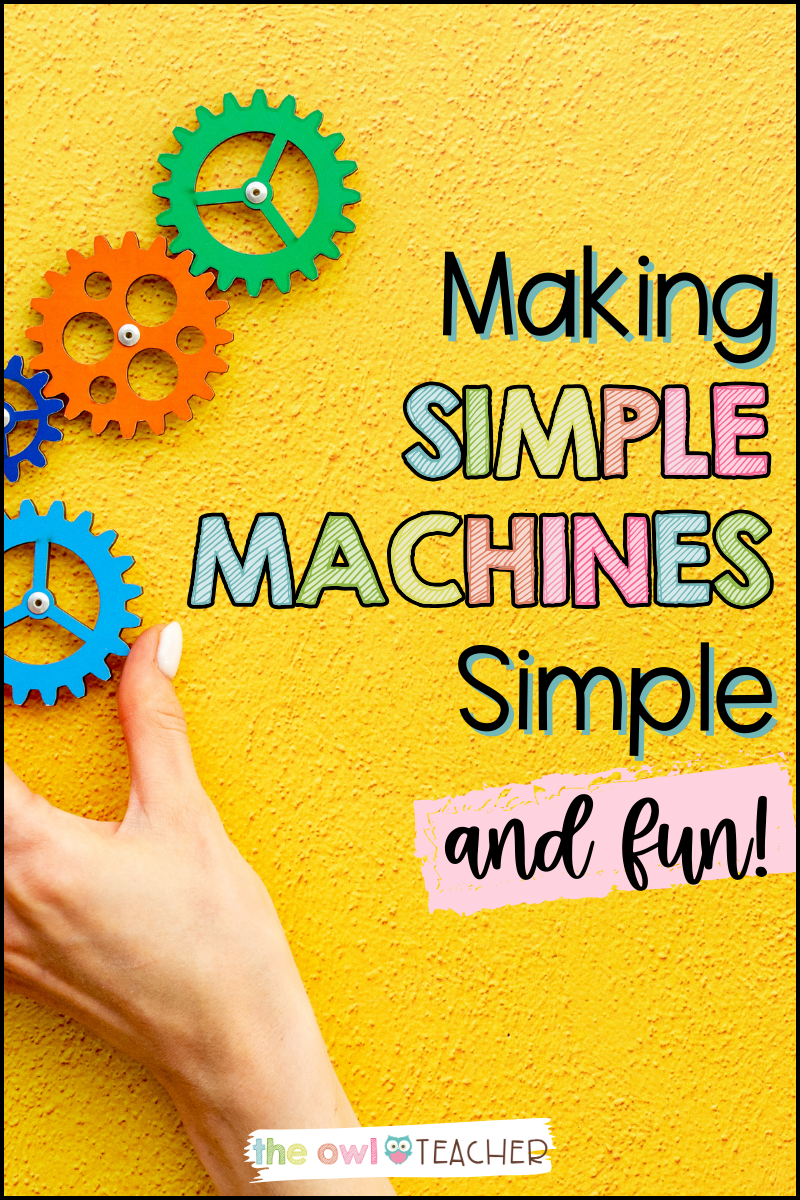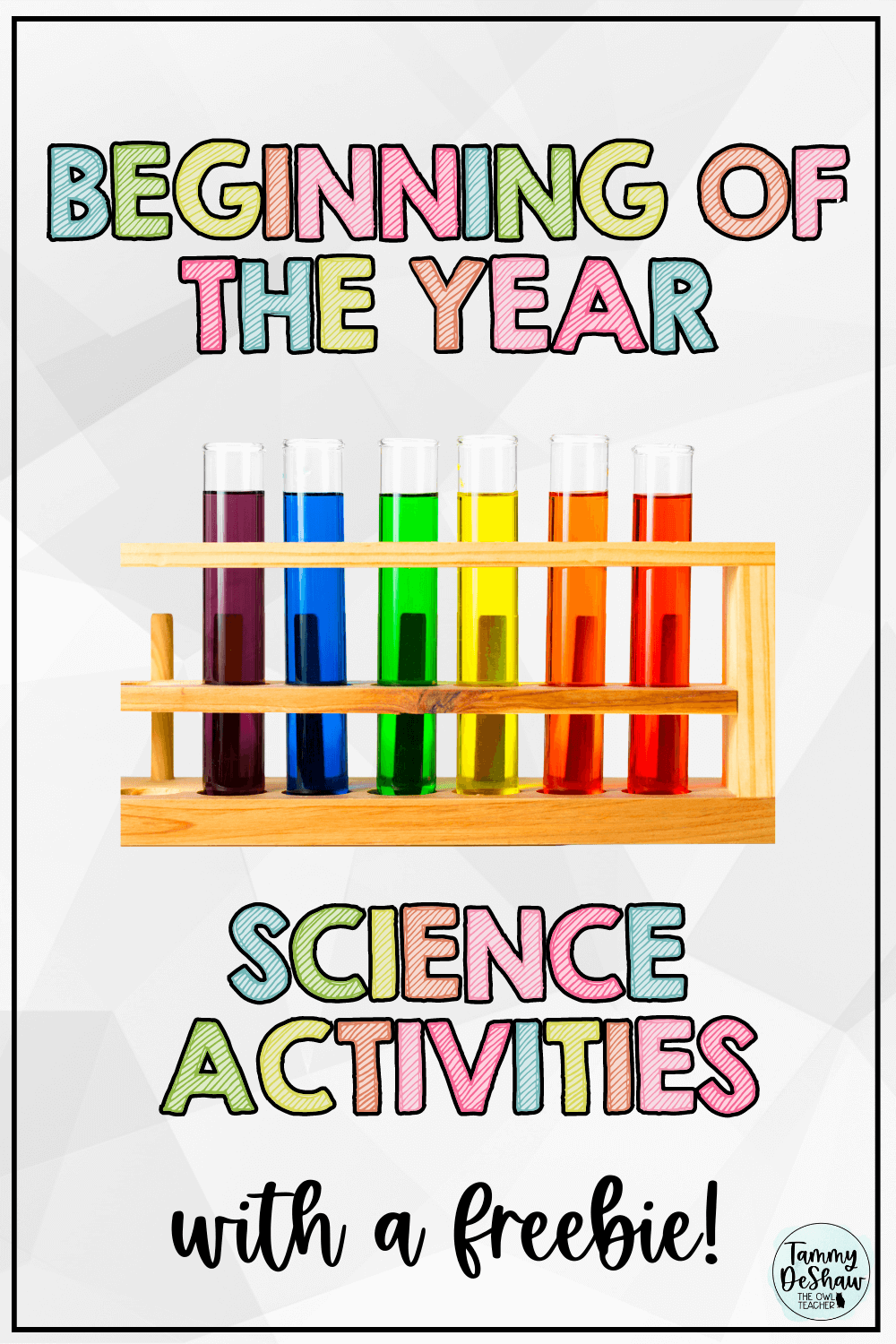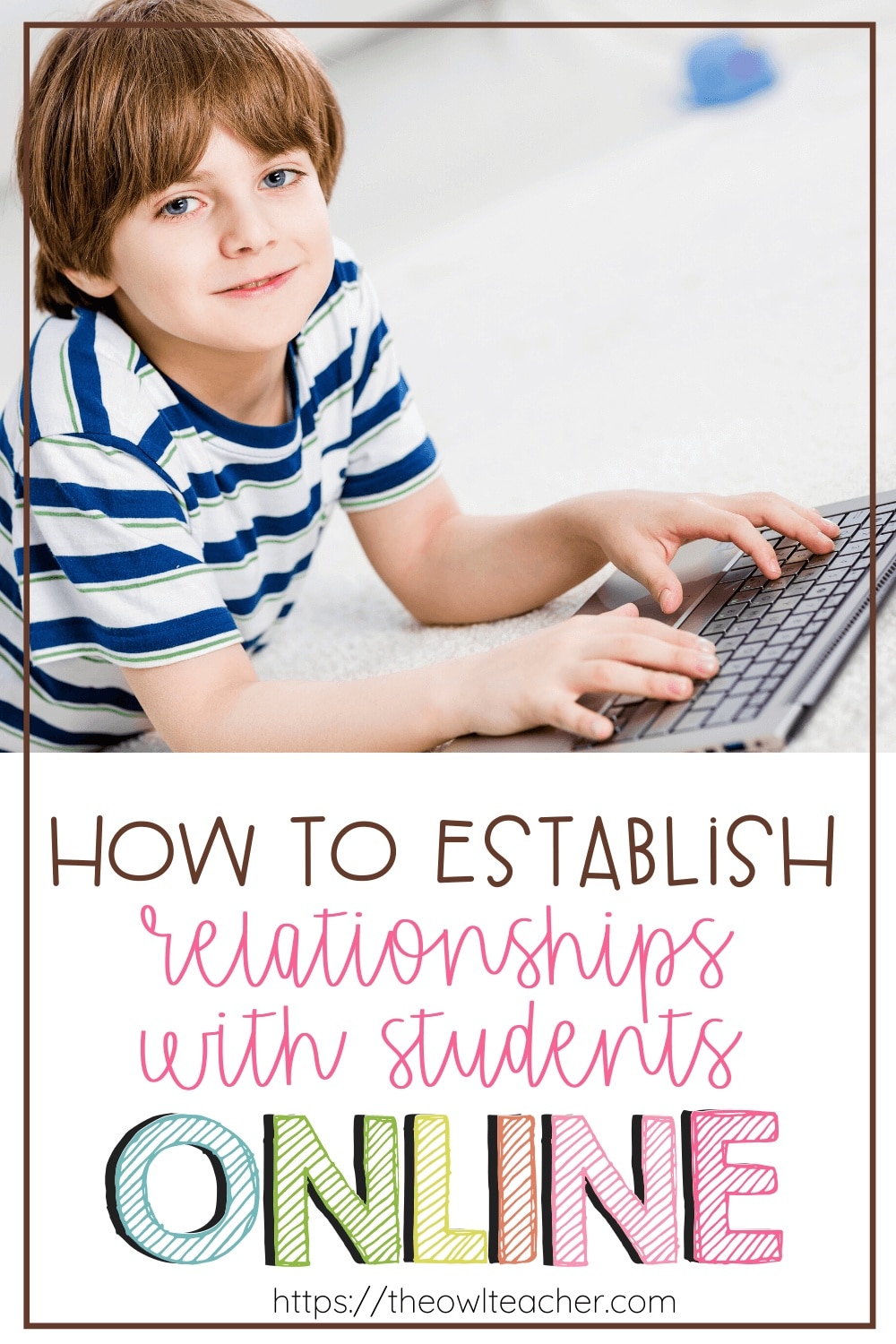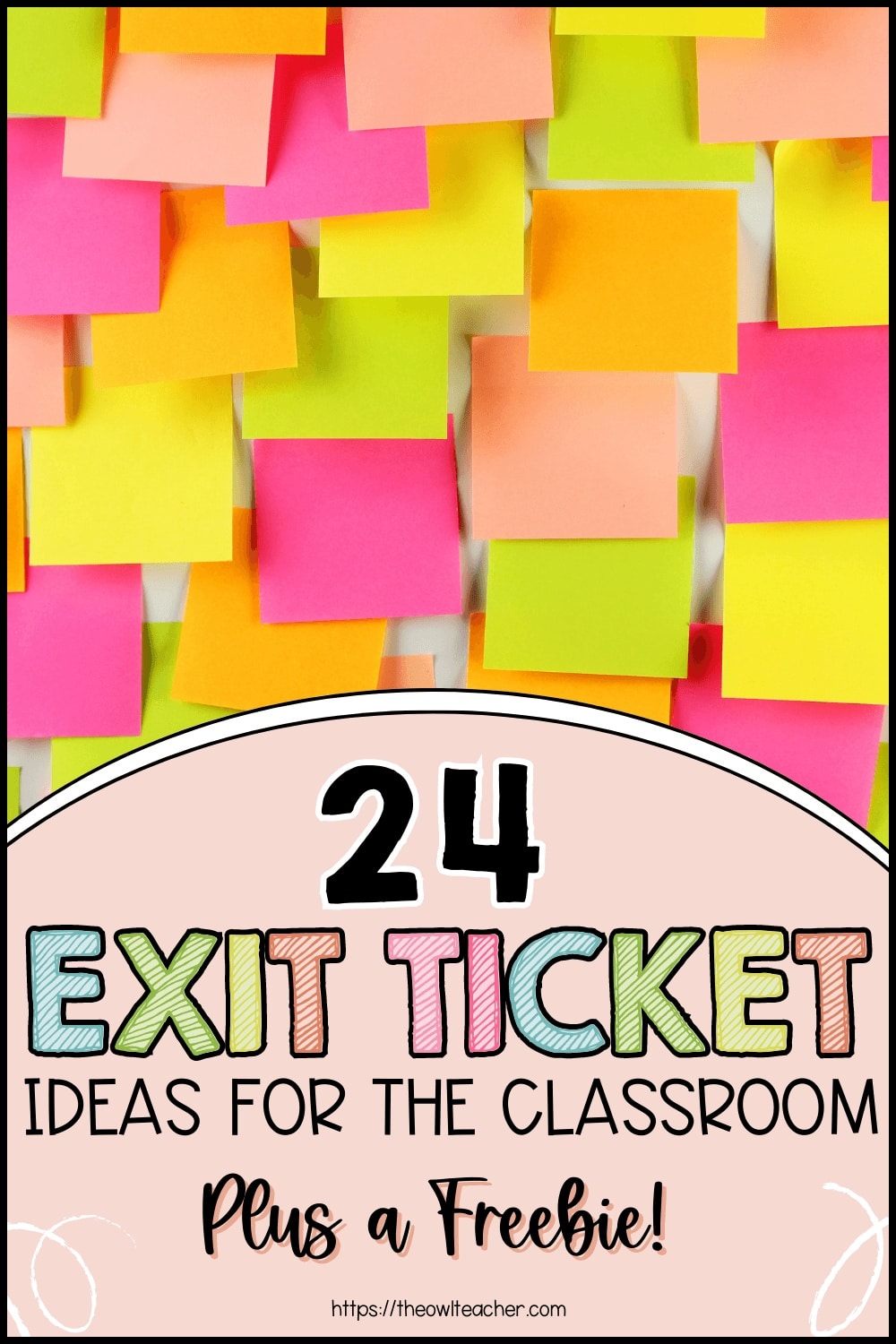
I’m a product of reward.
It took me years to reverse the consequences that reward had on me. However I don’t communicate of reward as if it’s a nasty factor. It may be used, moderately.
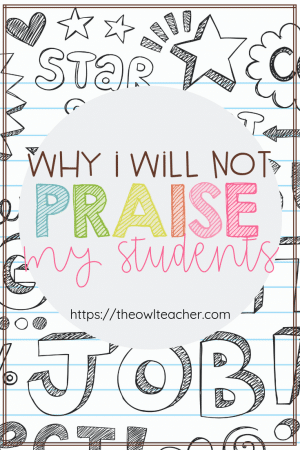
So what am I speaking about precisely? Why am I talking as if reward is a horrible drug that may lead you down a darkish path of no return? Why do I refuse to make use of it in my classroom with my college students? Nicely, let’s return into historical past…
The Historical past of Praising
Within the early ’80s there was a serious shallowness motion. Some say it was extra vital than math or studying. The thought course of was even when little Johnny couldn’t learn, no less than he might really feel higher about who he was. The thought of competitors was unhealthy and every little thing started switching over to cooperative video games and studying. College students got awards for collaborating, “near-perfect” attendance, and there have been no “mistaken” solutions. It was all about ensuring that no little one felt unhealthy or unnoticed. I might go on with this portion of historical past and even display how all of this led to our “age of entitlement,” however that’s not the main target of this weblog publish. I’ll save that for an additional day. Anyway, that is the place main praising started.
Understanding Reward and its Results
On the time it didn’t appear that praising kids was a nasty factor. They needed them to be ok with themselves and construct their confidence. We nonetheless do. Sadly, down the street, it led to some long run results that weren’t so nice. Actually, it did the precise reverse of what they had been hoping for.
Earlier than I can go into the consequences, I would like to ensure we’re all on the identical web page with what precisely reward is. In response to the Google dictionary, it’s:

Discover that reward is an expression of approval. It is also thought of an expression of favorable judgment or glorification- particularly by attribution of perfection. Does this sound like anybody we all know? Folks, who’re at all times in want of approval? Perhaps want reassurance? Or maybe really feel the necessity to have issues excellent?
People who find themselves praised usually find yourself depending on others for what to assume and for analysis of themselves. They normally lack confidence, are afraid to take dangers (for worry they’ll make errors), and are “approval junkies.” Sadly, they really feel most worthwhile when others approve them.
This was me to a tee! Actually, if somebody hadn’t mentioned something to me shortly, I used to be immediately frightened that I did one thing mistaken. I continuously wanted reassurance that I used to be doing okay. I needed to discover ways to cease being extra centered on how others considered me and turn into extra centered on what I considered myself.
Switching Gears to Encouragement
It isn’t at all times straightforward to alter habits. It must be taken in the future at a time and we’ll make errors. However it’s the hassle that counts. That is an encouragement mindset. Identical to earlier than, in line with Google dictionary:
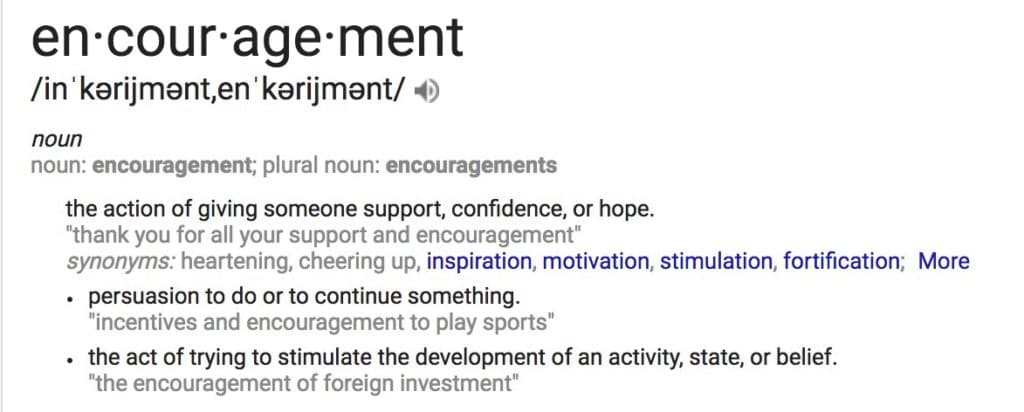
Discover that encouragement really has the phrase braveness in it. The definition really states to offer somebody confidence and help! How superior is that? I didn’t see that within the definition of reward.
When individuals are inspired they’re the exact opposite of reward. They select difficult duties as a result of they really feel extra assured. They’re extra impartial (as a result of nobody desires to spoon feed our college students proper?), extra self-reliant, and capable of self-evaluate. They’re able to recognizing their very own skills and so they have shallowness!
The Language Variations
Sometimes when an individual is praising one other the language is extra “particular person” centered. It usually expresses a judgment on the a part of the particular person saying the phrases and has a patronizing, manipulative tone. It’s usually language that’s used with a baby and would by no means be used with an grownup. As an illustration:
- “Good woman/boy.”
- “I like the way in which Johnny is sitting.”
- “You probably did it proper.”
- “Sure, it’s stunning.”
- “I’m pleased with you.”
The language of encouragement is extra respectful and appreciative. It focuses extra on deed, effort, and enchancment. Sometimes questions are mirrored again on the little one, together with empathy. The thought is to show college students how to assume, slightly than what to assume.
- “Good job.”
- “Thanks for serving to.”
- “What do you assume/really feel/be taught?”
- “Who can present me how we ought to be sitting now?”
- “How do you’re feeling about what you achieved?”
Cease Praising, Begin Encouraging
One of the simplest ways to get began is by beginning small. Attempt to miss judgment phrases similar to ‘good,’ ‘unhealthy,’ ‘excellent,’ ‘good.’ Attempt to use phrases similar to “I seen…”, “I admire…”, and “I do know you possibly can…”. Simply steadily attempt to catch your language. Don’t hand over when you have a day the place you might be praising greater than you might be encouraging. It takes time.
Strive to consider reward as sweet – it’s candy and great however solely on events. You wouldn’t wish to eat it as a meal every day.
Right here is an infographic for you as a fast overview and reminder. You’ll be able to obtain it right here if you’d like it in PDF kind.
